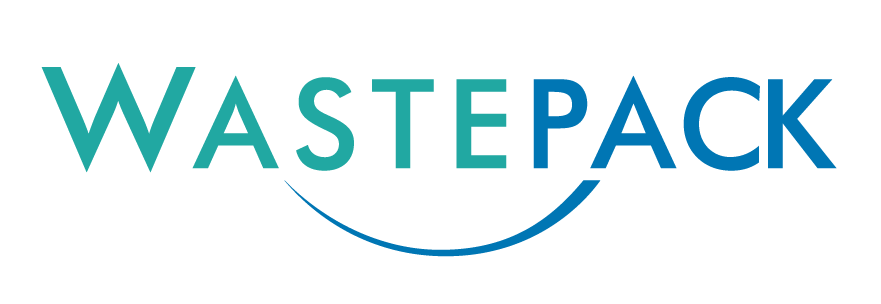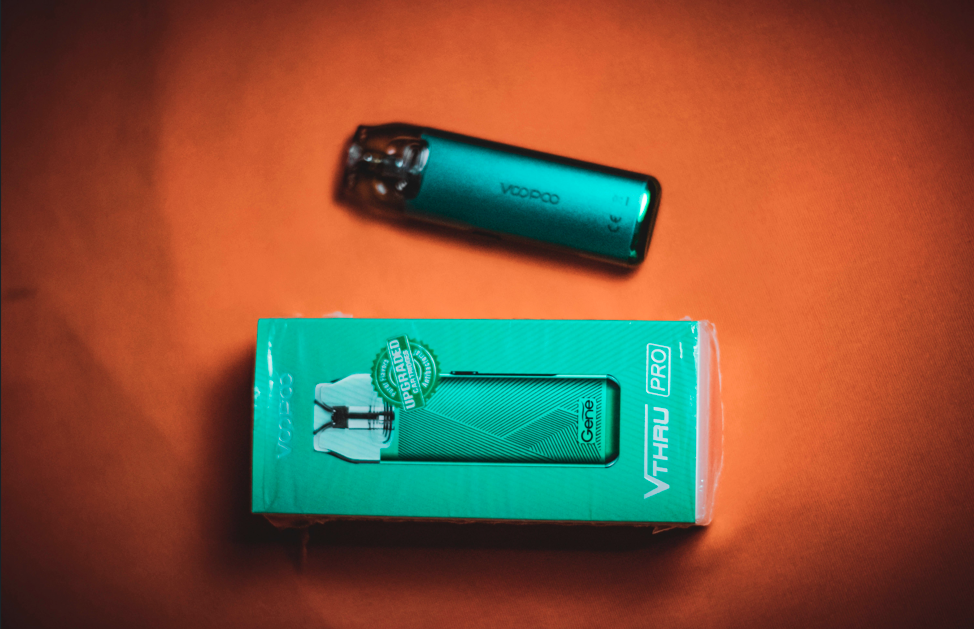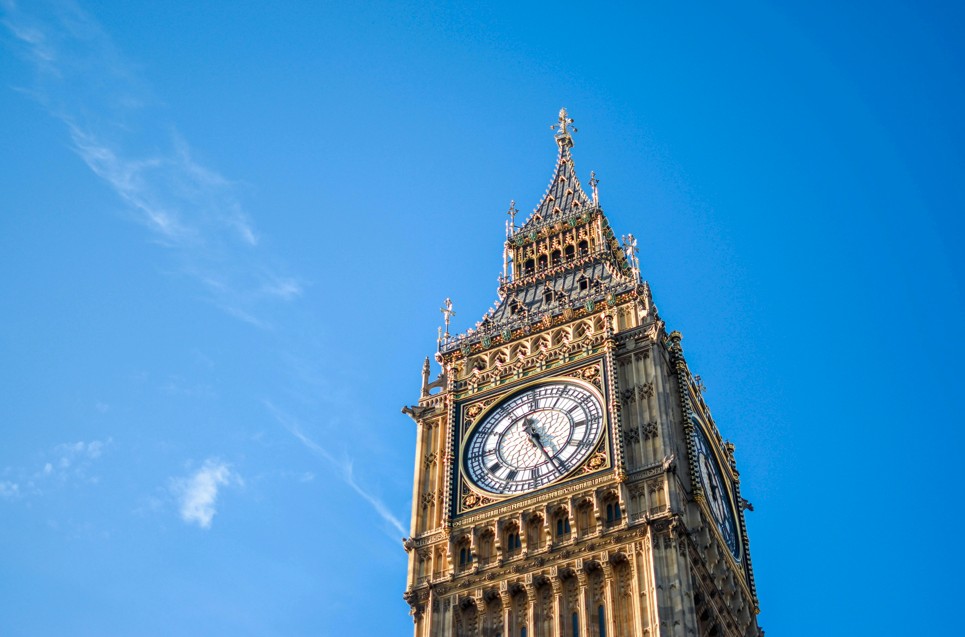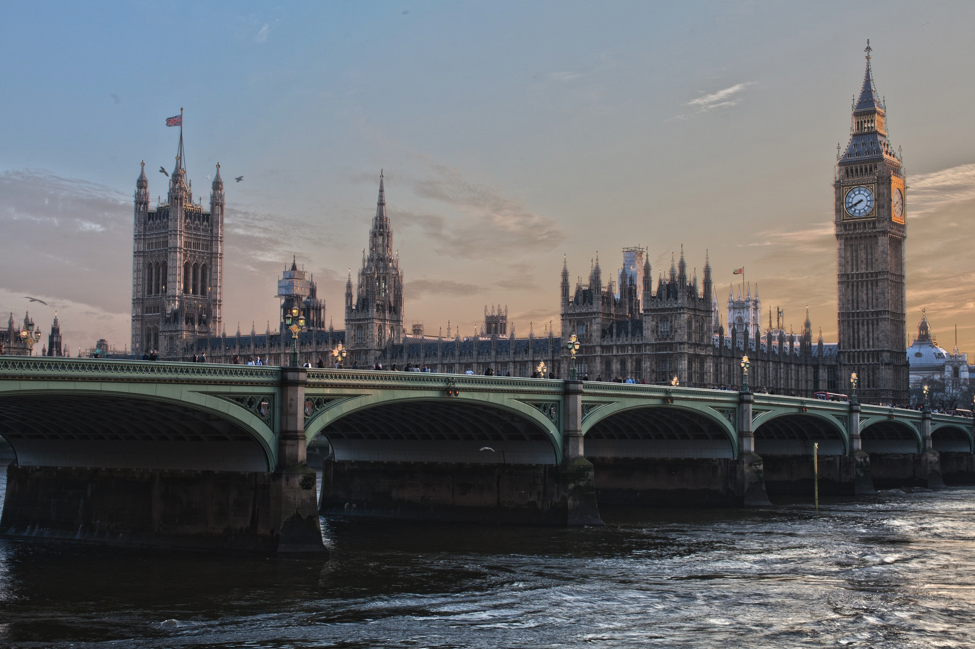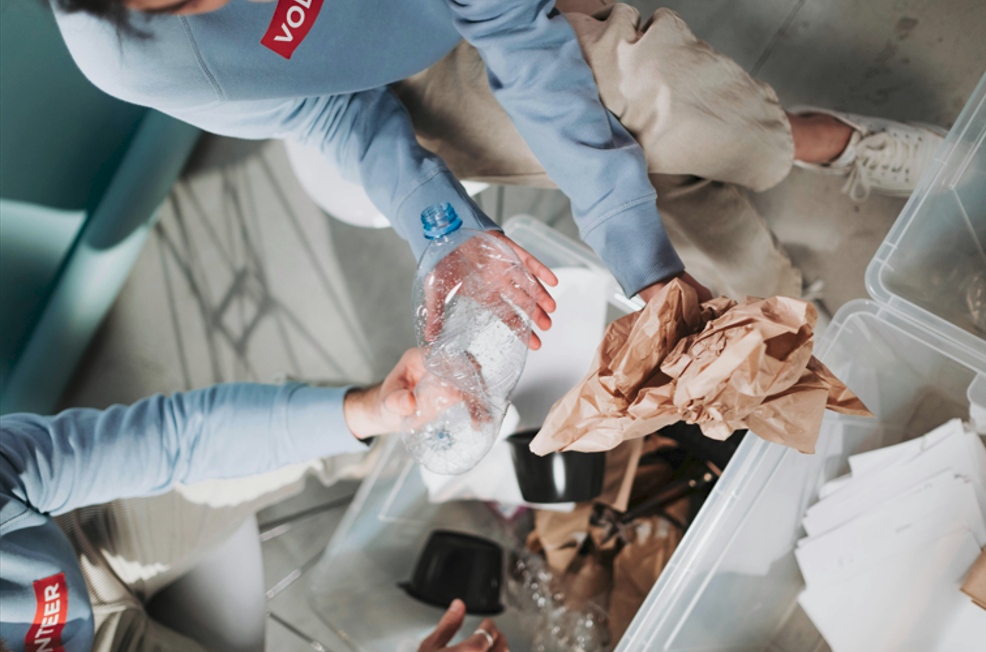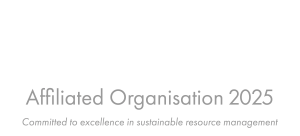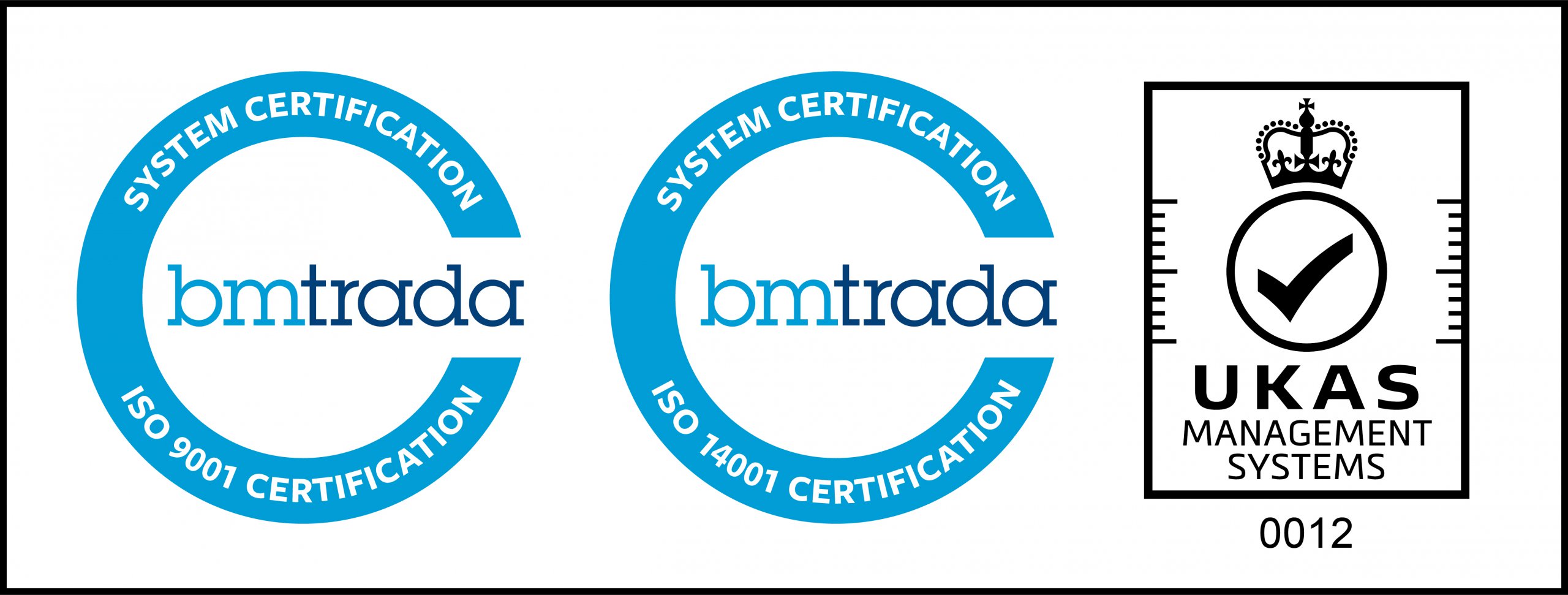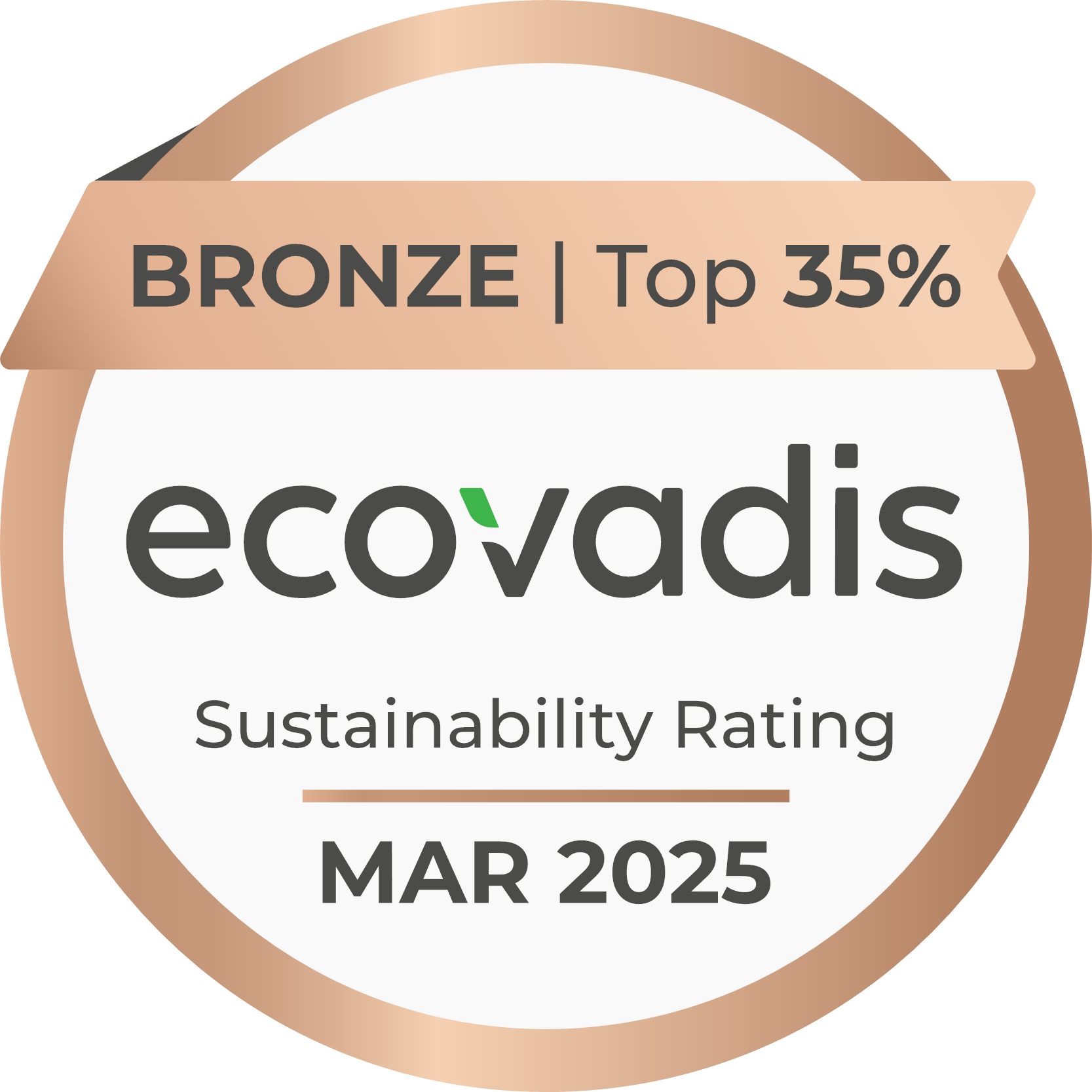A report was published by The Consumer Goods Forum (CGF) and the EY organisation, that brought opinions from thirteen consumer industry leaders together, to identify priority actions to meet the 2030 deadline for the UN Sustainable Development Goals (SDGs).
Shift towards sustainable
In 2015 the UN adopted the 17 Sustainable Development Goals and their 169 sub-targets as a global target for 2030 that if met would balance social, economic, and environmental sustainability. However, this deadline has fallen into question following the pandemic. The CGF Report has estimated that the SDGs will not be achieved until 2082, and with COVID-19 potentially setting them back to 2092. Despite the challenge, leaders in the consumer industry consider the goals to be integral to success. For example, Jon Moeller of Proctor & Gamble, said that
“successful delivery of the SDGs is in the best interest of our consumers, customers, employees, shareowners and society”. The consumer prioritisation of sustainability has accelerated the development of sustainable business strategies.
Prioritising goals
Identifying an SDG that your organisation impacts negatively is the first step to making a positive impact. According to a survey of large corporates by the World Business Council for Sustainable Development, only 36% were identifying their negative impacts on the Sustainable Development Goals. This remains a missed opportunity for organisations to contribute to the SDGs by mitigating their negative impact.
The CGF report identified the SDGs that their members could have had the most impact on and detailed an example of their progress towards their most relevant goals. For example, Coca-Cola identified goal 12 (responsible consumption and production) among those they can impact the most. In response, the World Without Waste program was launched to make 100% of their packaging recyclable by 2025 as well as using at least 50% recycled material in their packaging by 2030.
Measure for success
In addition to identifying a business’ key goals the CGF report found integration of the SDGs into measurable frameworks, another priority action for businesses, to see their progress and impact. Following the UK Government’s pledge to end its contribution to global warming by 2050, businesses are committing to reach net zero emissions by calculating their carbon footprint and reducing or offsetting their greenhouse emissions.
Net zero
There are multiple areas of the SDGs which refer to net zero and with the Government aspiration of 2050, net zero is high on the agenda for many businesses, large and small. Nevertheless, net zero can be overwhelming and with many areas to consider it can be difficult to know where to start.
This is where our team can help, here at Wastepack we can support you in developing your understanding of carbon emissions and what reaching net zero means for your business. We can measure your carbon footprint, develop a carbon reduction plan specifically tailored to your business, provide guidance on reporting and more.
If you’re ready to have positive impact on your carbon emissions and develop net zero goals, find out how our service offering can help you!
